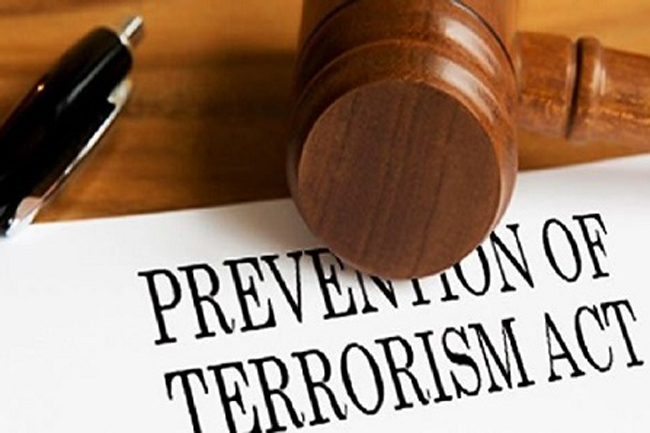The incumbent National People’s Power administration stated that it would retain the Prevention of Terrorism (Temporary Provisions) Act as amended (PTA), as the issue, according to them, lies not in its existence but its misuse – the latter scenario where the onus is on political vengeance as opposed to reliable intelligence, The Daily Morning learnt.
Several parties including both local and international organisations have been urging the Sri Lankan authorities to repeal the PTA, which is usually referred to as a piece of ‘draconian legislation’.
In response to The Daily Morning’s inquiry about the Government’s stance on the PTA, the Presidential Secretariat Director (Legal), attorney J.M. Wijebandara said that the issue was not about the PTA’s existence, but rather its misuse to detain civil activists, journalists, and others. “The issue was about the misuse of the PTA against civil activists and journalists, which we will not allow. It will only be applied based on credible intelligence information, and it will not be used for political revenge. When the Act is not misused, no issues will arise.”
He also said that there are several other pieces of legislation which are in the statute books, but are not implemented as per policy decisions made over time. “The law of our country includes the death penalty, but, as a policy, Presidents, who are the ones authorised to enforce it, refrain from enforcing it. Similarly, Presidential pardons are allowed in our law, but they are not granted to individuals convicted of serious crimes. The PTA is also one such legislation. It being there is not the issue.”
However, former President Maithripala Sirisena sought to implement capital punishment despite the moratorium on the same while the Presidential pardon has been afforded to those convicted of premeditated murder with the pardon afforded to the Royal Park incident murder convict being one such egregious example (again by Sirisena).
The PTA, introduced in 1979 as a temporary measure, became permanent in 1982. The law has disproportionately affected minorities, allowing prolonged detention without charge and often violating international due process standards. Despite Government assurances to reform the PTA, meaningful changes have not been implemented, rights groups allege. The concerned parties have claimed that the amendments gazetted in January, 2021, failed to address key flaws, and that the Act continues to enable arbitrary arrests, unfair trials, and runs the risk of torture due to the admissibility of confessions granted to the Police, the latter which is contrary to the procedure which is normally followed per the Evidence Ordinance.


